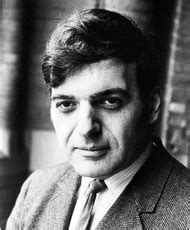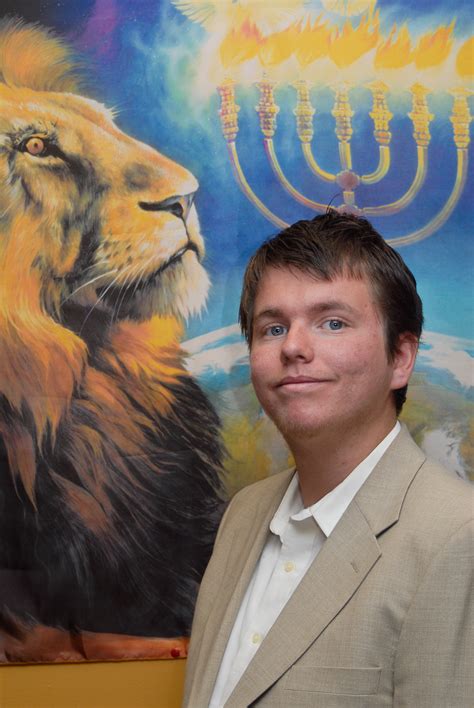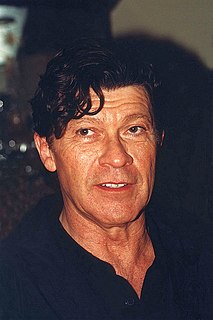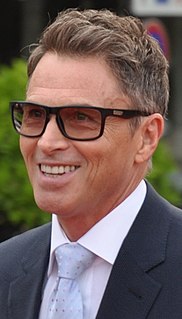A Quote by Yosef Hayim Yerushalmi
The historian does simply not come in to replenish the gaps of memory. He constantly challenges even those memories that have survived intact.
Related Quotes
Because computers have memories, we imagine that they must be something like our human memories, but that is simply not true. Computer memories work in a manner alien to human memories. My memory lets me recognize the faces of my friends, whereas my own computer never even recognizes me. My computer's memory stores a million phone numbers with perfect accuracy, but I have to stop and think to recall my own.
Memory is corrupted and ruined by a crowd of memories. If I am going to have a true memory, there are a thousand things that must first be forgotten. Memory is not fully itself when it reaches only into the past. A memory that is not alive to the present does not remember the here and now, does not remember its true identity, is not memory at all. He who remembers nothing but facts and past events, and is never brought back into the present, is a victim of amnesia.
. . . What role does historiography play in the way a society and culture "remembers" past events? Does the historian have a moral or civic responsibility to this project of memory that ought to influence the way he or she engages in historical practice? Should moral concerns influence the historian's choice of subject matter, of issues to discuss, of evidence to use?
You don't need the painful memories, because either you've resolved them. Denying always makes them want to come back. Denial is a mechanism that doesn't work. But allowing them to come back in little by little, those memories, you can begin to be quite comfortable with them, and it's even nice to have that as part of the map of your life.
One of the things that I share with Bryan Becket is this hole in my childhood memory. There's about five years of my life that's virtually gone. I've thought about it a lot, and I've come to the conclusion that it might be for my own protection that those memories are gone, and maybe I don't want to dredge up those things.
Memory is a tenuous thing. . . . flickering glimpses, blue and white, like ancient, decomposing 16mm film. Happiness escapes me there, where faces are vague and yesterday seems to come tied up in ribbons of pain. Happiness? I look for it intead in today, where memory is something I can still touch, still rely on. I find it in the smiles of new friends, the hope blossoming inside. My happiest memories have no place in the past; they are those I have yet to create.
































